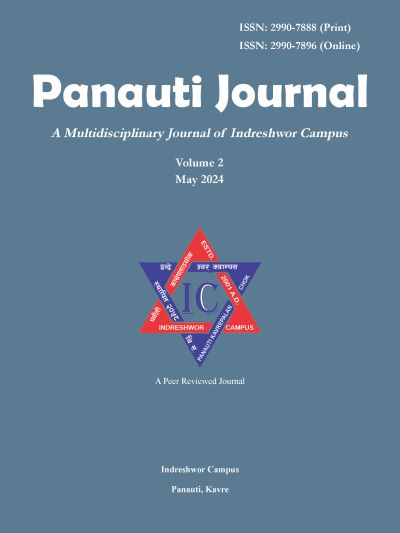Impact of Neoliberalism on Language Educational Policies
DOI:
https://doi.org/10.3126/panauti.v2i1.66601Keywords:
Impact, neoliberalism, educational policies, language of instructionAbstract
This article scrutinizes the pervasive influence of neoliberalism on education, language education policies, and language of instruction. Employing a content analysis design informed by established principles of qualitative research, the study explores the juncture of neoliberal ideologies with educational practices. Neoliberalism’s emphasis on deregulation, privatization, and market-driven approaches shapes educational systems globally, with reflective implications for language education. Scholars note the transformation of education into a commodity, driven by the prioritization of economic growth and individual competitiveness. Within this framework, English proficiency emerges as a key determinant of access to economic opportunities, leading to the proliferation of English language teaching institutions. Moreover, neoliberal policies influence language of instruction decisions, with governments adopting market-oriented strategies such as English medium instruction. The article underscores the need for critical examination of neoliberalism’s impact on education, highlighting the tensions between market-driven principles and educational equity. By elucidating the complexities of neoliberalism’s effects on language education, the study contributes to a nuanced understanding of contemporary educational practices and calls for the preservation of inclusive and accessible education for all.
Downloads
Downloads
Published
How to Cite
Issue
Section
License
Copyright (c) 2024 Panauti Journal

This work is licensed under a Creative Commons Attribution-NonCommercial 4.0 International License.
This license enables reusers to distribute, remix, adapt, and build upon the material in any medium or format for noncommercial purposes only, and only so long as attribution is given to the creator.




